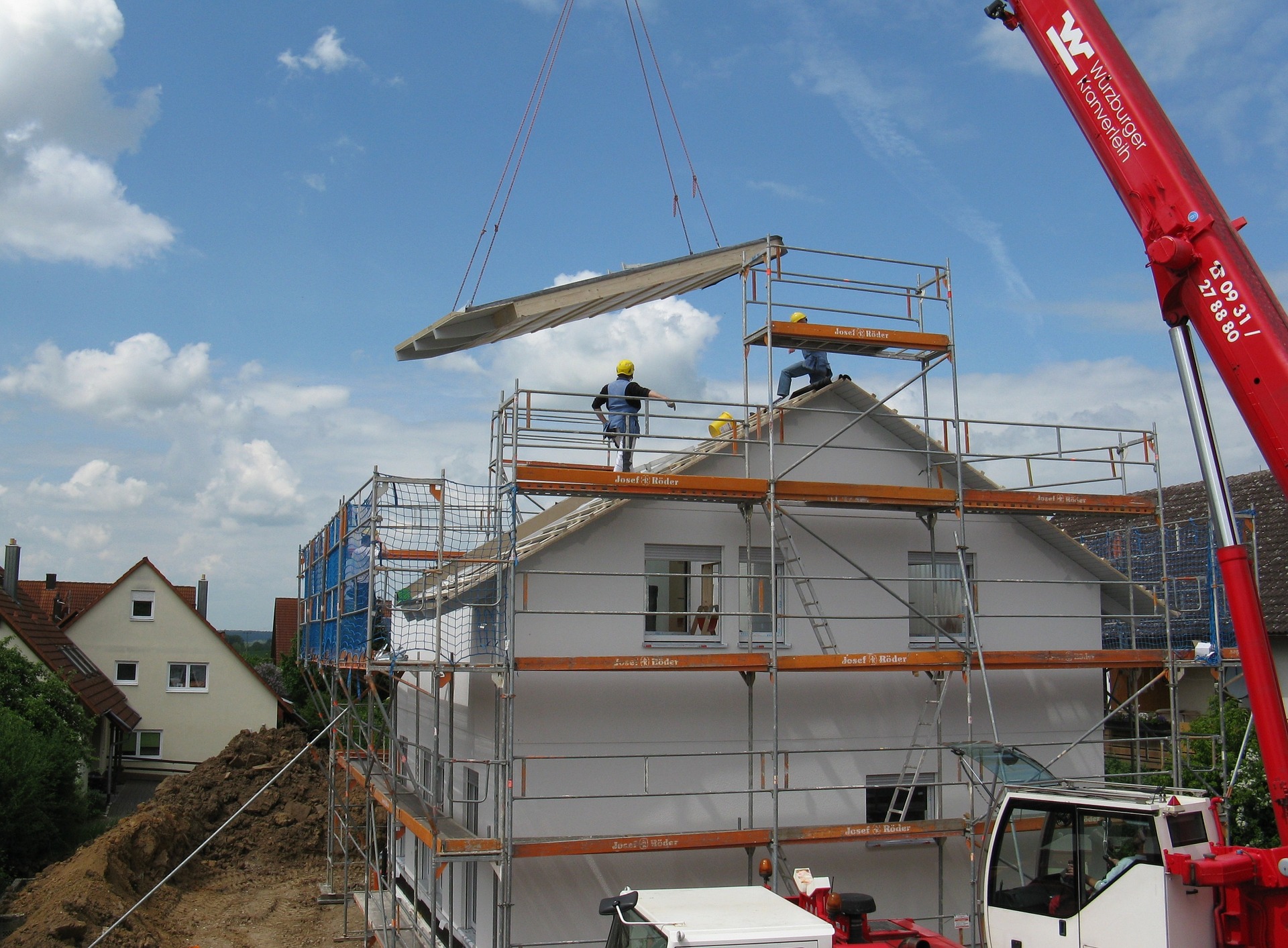

When facing the fury of a displeased homeowner, it can often feel as though you have no protection on your project. Fortunately, for Texas residential contractors especially, legislation is in place to protect and support your rights on residential projects. That legislation is most commonly referred to as the RCLA.
RCLA stands for Residential Construction Liability Act. It limits homeowner’s rights against contractors that work on their residential properties. What does that mean? Before RCLA was passed, homeowners could sue their contractors without giving them a chance to correct the alleged defects. They could also sue their contractor for treble damages and emotional distress.
Once RCLA was enacted, homeowners could only sue their contractor after they allowed them the opportunity to fix what the homeowner said was wrong and could no longer sue for treble damages and emotional distress. RCLA has a very short list of what an unhappy homeowner can sue a builder over.
First, RCLA applies to any defect claims on a single-family house, duplex, triplex, quadruplex, or any single unit and common condo elements. The main thing that we want to point out is that it applies to more than just homesteads.
Here’s how the RCLA works: the homeowner will send you a letter with the specific details of everything they think is defective. Once you receive the notice, you have 35 days to request any additional documents that the homeowner may have showing the defects and any repairs they have made. In that same 35-day time frame, you can request an inspection.
After you have had a chance to review the documentation and inspect the property, you can make an offer to settle. You must propose to settle within 45 days of the date you received the letter from the homeowner. Even if you think the defects claimed by the homeowner are BS, you are going to want to make an offer. If you make a reasonable offer that the homeowner still refuses, this can limit any judgment or award they get if they take you to court or arbitration.
In plain English, you can limit any judgment or award with the reasonable offer you initially made. In addition, they are not entitled to recover any attorney fees incurred after you make a fair offer. So, when you are making the original offer, keep in mind that you could go through a lengthy litigation process before a final decision is made if it’s rejected. It would be wise to go above and beyond in pitching a fair and reasonable offer to begin with!
The RCLA protects your rights as a residential contractor in Texas. We have a team of RCLA-savvy construction law attorneys ready to take your call to help you defend what is yours, collect what is yours, and educate yourself on the front end!
First, RCLA applies to any defect claims on a single-family house, duplex, triplex, quadruplex, or any single unit and common condo elements. The main thing that we want to point out is that it applies to more than just homesteads.
Here’s how the RCLA works: the homeowner will send you a letter with the specific details of everything they think is defective. Once you receive the notice, you have 35 days to request any additional documents that the homeowner may have showing the defects and any repairs they have made. In that same 35-day time frame, you can request an inspection.
After you have had a chance to review the documentation and inspect the property, you can make an offer to settle. You must propose to settle within 45 days of the date you received the letter from the homeowner. Even if you think the defects claimed by the homeowner are BS, you are going to want to make an offer. If you make a reasonable offer that the homeowner still refuses, this can limit any judgment or award they get if they take you to court or arbitration.
In plain English, you can limit any judgment or award with the reasonable offer you initially made. In addition, they are not entitled to recover any attorney fees incurred after you make a fair offer. So, when you are making the original offer, keep in mind that you could go through a lengthy litigation process before a final decision is made if it’s rejected. It would be wise to go above and beyond in pitching a fair and reasonable offer to begin with!
Once the homeowner receives your offer, they have 25 days to either accept or write back precisely why your offer is unreasonable. Once you receive the homeowner’s response, you have 10 days to supplement your initial offer if you think it is necessary. If you don’t settle at this point, you will likely be sued. If the homeowner wants more than $7,500, you can force them to go to mediation, where you can try and settle the dispute before the case goes to trial.
Most of the cases that are covered by the RCLA process end up settling and are spared the lengthy litigation process. Having this process in place offers great protection to Texas residential contractors because homeowners cannot just sue them outright. Instead, they must follow the RCLA process first. The other thing that is important to understand is that juries are comprised of homeowners, not home builders or remodelers. That means they are more likely to side with the homeowners because they can relate best to them, which is not ideal for residential contractors.
Protect your business on the front end by getting acquainted with the RCLA process and know what you can do to let it best protect you. For more in-depth coverage of working in residential construction, sign up for our RCLA for the Contractor Webinar on August 11th. Additional questions? You can contact one of our RCLA-savvy construction law attorneys at The Cromeens Law Firm.
Stay tuned for our next blog article that will explain what a homeowner can sue the contractor for and potential defenses if the contractor and homeowner don’t settle in the initial RCLA process.
Karalynn Cromeens is the Owner and Managing Partner of The Cromeens Law Firm, PLLC, with over 17 years of experience in construction, real estate, and business law. A published author and passionate advocate for contractors, she has dedicated her career to protecting the businesses her clients have built. Karalynn is on a mission to educate subcontractors on their legal rights, which inspired her books Quit Getting Screwed and Quit Getting Stiffed, as well as her podcast and The Subcontractor Institute.

